News
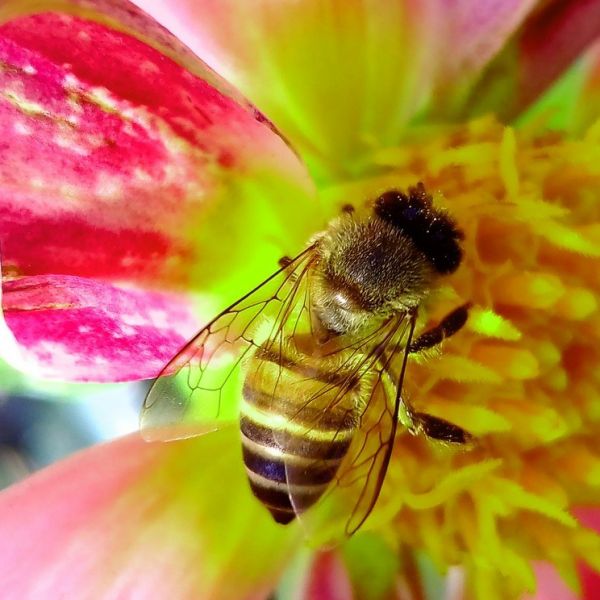
Mar 22, 2021
Master Gardeners to celebrate pollinator-friendly garden program milestone
Without pollinators such as bees and butterflies, the world’s food supply would be reduced drastically, threatening the survival of many plants, animals and humans.
Full Article

Mar 18, 2021
Ottar Bjørnstad elected to Norwegian Academy of Sciences and Letters
Ottar N. Bjørnstad, distinguished professor of entomology and biology and J. Lloyd & Dorothy Foehr Huck Chair of Epidemiology at Penn State, has been elected to the Norwegian Academy of Sciences and Letters. Bjørnstad was recommended as a result of his significant contributions to the fields of population ecology and quantitative epidemiology.
Full Article
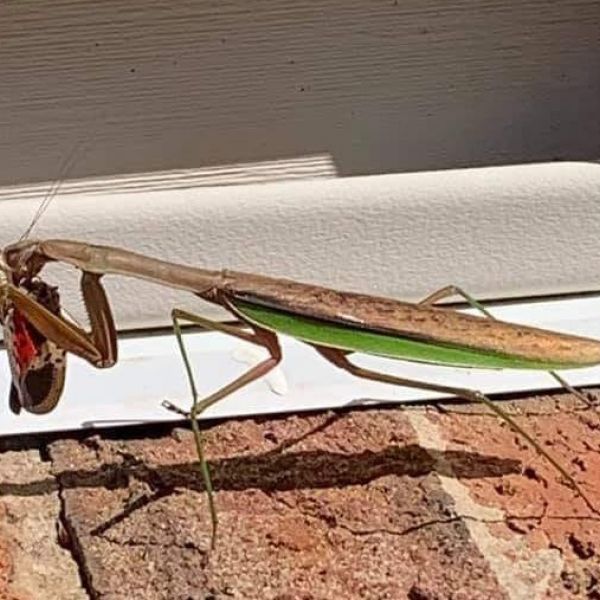
Mar 22, 2021
A wing and a prayer: Chickens, praying mantises among likely lanternfly enemies
Potential predators of the spotted lanternfly are being brought into focus thanks to shutterbugs who have captured images of birds, insects, mammals and even fish consuming the invasive planthopper.
Full Article

Mar 04, 2021
Undergraduate Research Award Funds Pollinator Photo Project
Darya Alvarez completed a photography project funded by an Apes Valentes Undergraduate Research Award. Her goal is to help viewers gain a greater appreciation of the critical role that bees play in the survival of terrestrial ecosystems.
Full Article
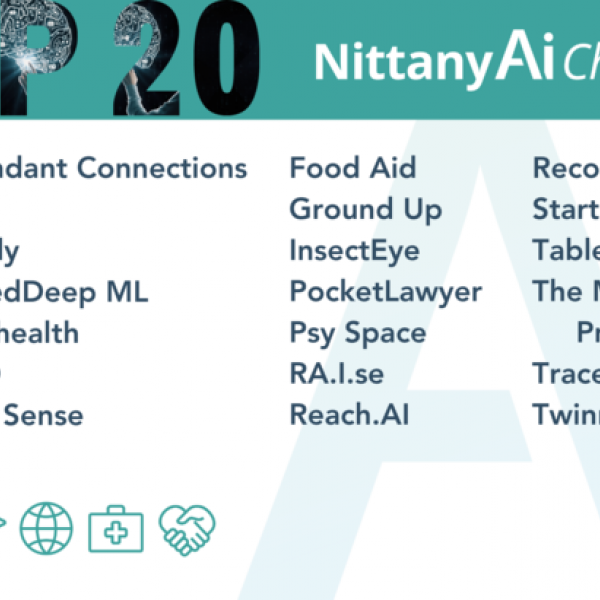
Mar 22, 2021
InsectEye team, which includes IBC Fellow Mathis, is selected to compete in Nittany AI Challenge!
Twenty Penn State teams with students from seven different colleges and six campuses, including for the first time Penn State World Campus, will each be awarded $500 to compete in the Prototype Phase of the 2021 Nittany AI Challenge.
Full Article
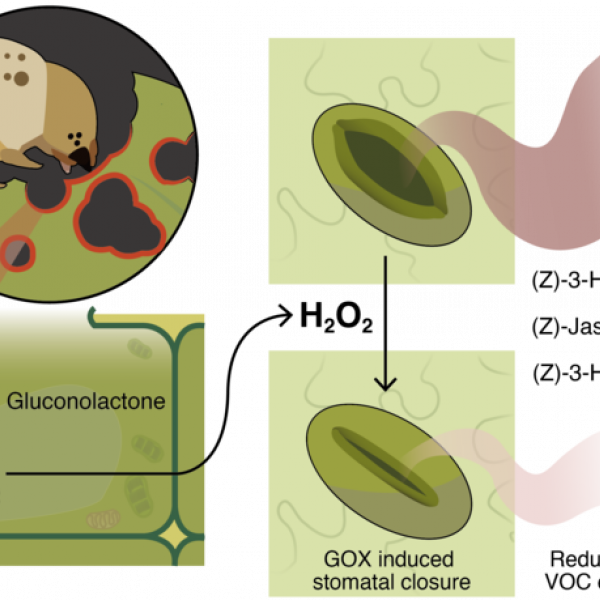
Feb 18, 2021
Silencing the alarm
An enzyme in the saliva of certain insects prevents their food plants from warning neighboring plants of an attack.
Full Article
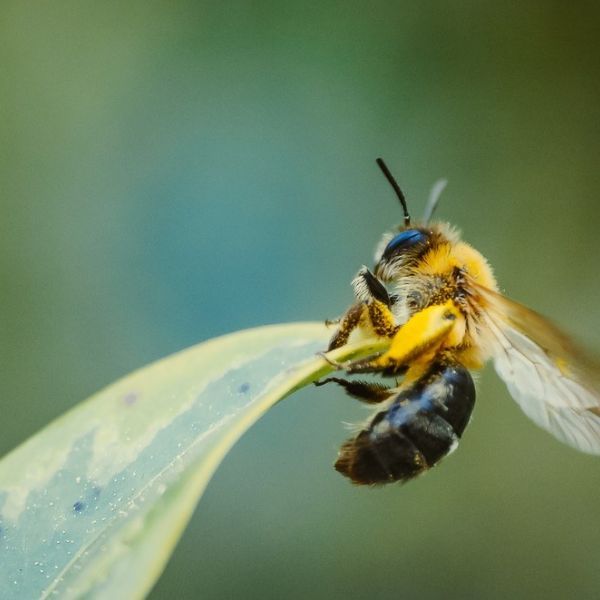
Feb 04, 2021
The business of bees
The economic value of insect pollination services is much higher than previously thought in the U.S., new research finds.
Full Article
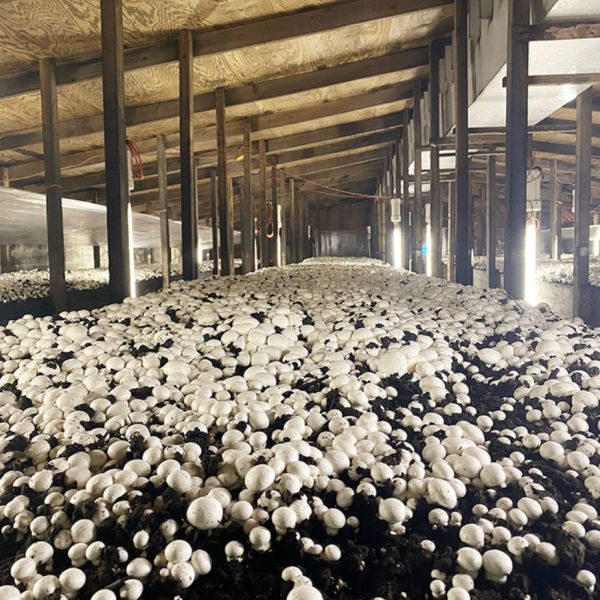
Feb 03, 2021
Penn State entomologists devise a system to control mushroom phorid flies
Working with producers, researchers develop method to give beleaguered residents relief from pest
Full Article
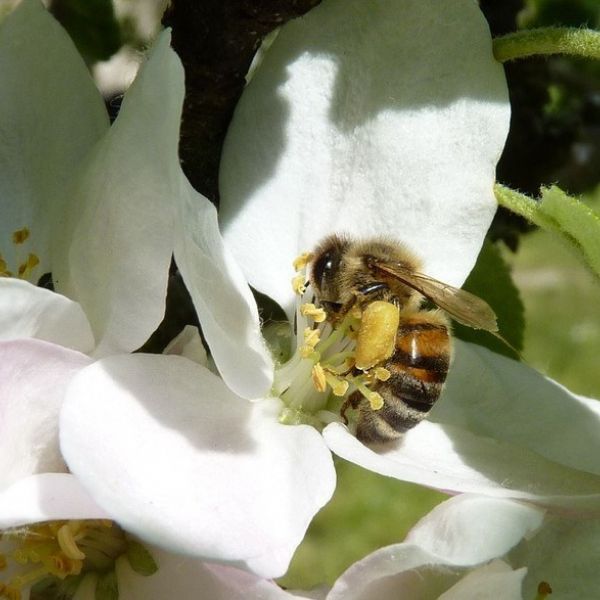
Feb 02, 2021
Summer weather conditions influence winter survival of honey bees
Winter survival of honey bee colonies is strongly influenced by summer temperatures and precipitation in the prior year, according to Penn State researchers, who said their findings suggest that honey bees have a "goldilocks" preferred range of summer conditions outside of which their probability of surviving the winter falls.
Full Article
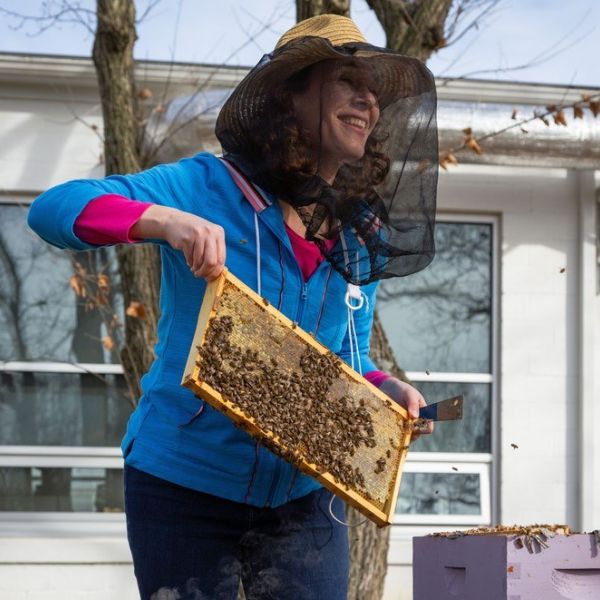
Jan 22, 2021
Grozinger receives National Academy's Prize in Food and Agriculture Sciences
Christina Grozinger, Publius Vergilius Maro Professor of Entomology in Penn State's College of Agricultural Sciences, will be honored by the National Academy of Sciences for helping the world understand how to address the crisis of global declines in pollinator populations.
Full Article